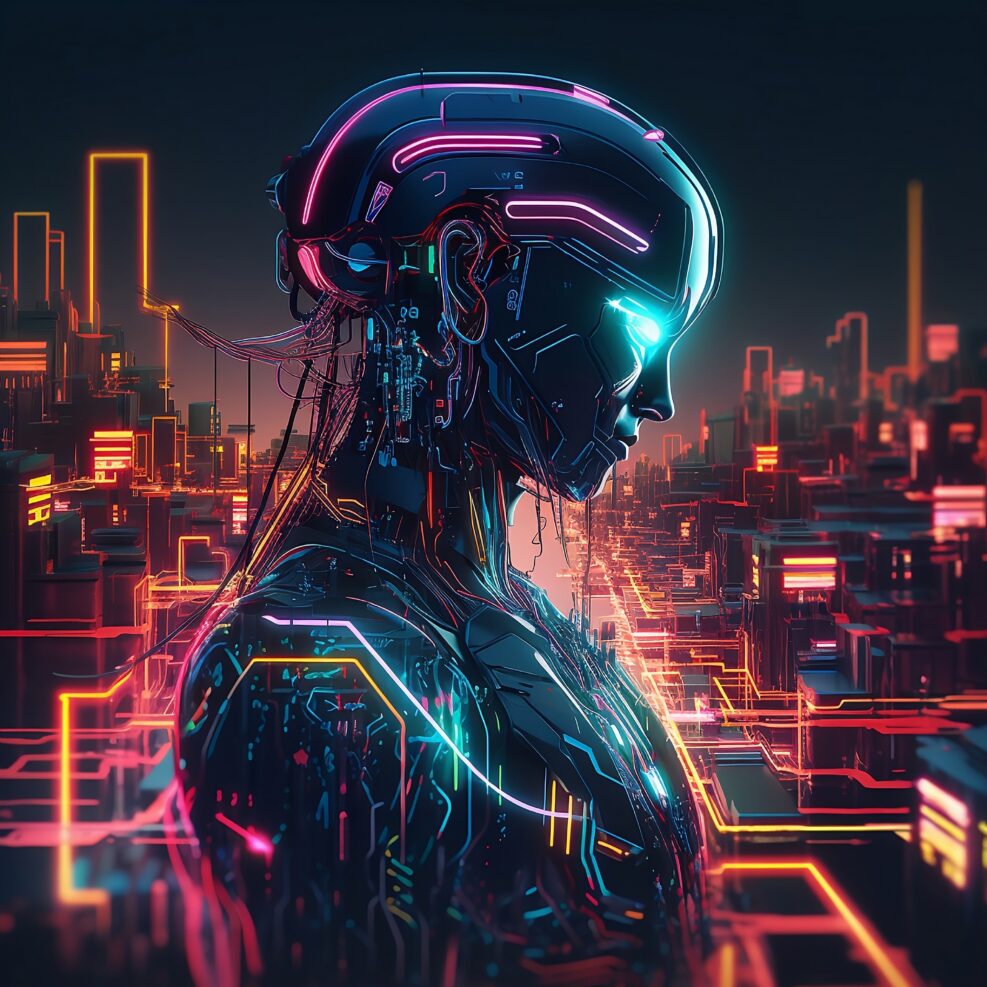
Westworld: Episode 2 Review
The whole point of the show is to explore a theory of consciousnessIn episode one, several robots break down. It appears they are accessing memories thanks to an unexpected update, which causes the robots to glitch and seize up, unable to communicate. The updated robots are recalled and the worst of them are decommissioned. In episode two, Dolores wakes up, hearing Bernard’s voice in the middle of the night. She goes outside, and it’s later revealed that she finds a gun buried in the dirt. After we’ve seen Dolores rise from her bed thanks to Bernard’s call, we meet William. He and his future brother-in-law are visiting the park. This is William’s first time in Westworld, and he isn’t excited to be there. He’s humoring his future relative. Episode two continues in Read More ›


















